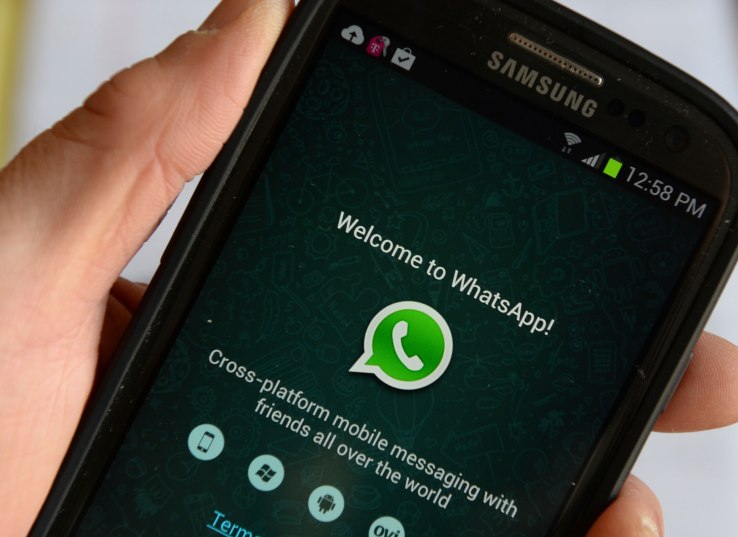WhatsApp, Facebook’s messaging service that recently rolled out end-to-end encryption to its users, will be blocked in Brazil for 72 hours, starting this afternoon.
A judge from the small Brazilian state of Sergipe ordered telecom providers in the country to block WhatsApp today in a dispute over access to encrypted data. Judge Marcel Montalvao has ordered WhatsApp to turn over chat records related to a drug investigation, but WhatsApp has argued that it cannot access the chats in an unencrypted form and therefore cannot provide the required records to the court.
Local newspaper Folha de S.Paulo reported that the ban would begin at 2 p.m. local time and that phone companies in the country would face fines if they did not comply.
This isn’t Montalvao’s first clash with WhatsApp, which boasts more than 100 million Brazilian users. The judge ordered the arrest of Facebook’s vice president for Latin America, Diego Dzodan, in March. Facebook has said that WhatsApp operates with relative independence and that Dzodan has no control over WhatsApp data.
Brazil also cut off access to WhatsApp in the country last December. Although the block was ordered to last for 48 hours, it was lifted after just 12 hours.
“After cooperating to the full extent of our ability with the local courts, we are disappointed a judge in Sergipe decided yet again to order the block of WhatsApp in Brazil,” a WhatsApp spokesperson told TechCrunch. “This decision punishes more than 100 million Brazilians who rely on our service to communicate, run their businesses, and more, in order to force us to turn over information we repeatedly said we don’t have.”
In the hours after the WhatsApp ban took effect, WhatsApp’s competitor, Telegram, trended on Twitter in Brazil. Telegram offers some encryption to users, but is able to access their communications if it receives a court order. iMessage, which protects users’ messages with end-to-end encryption, trended on Twitter as well as users urged each other to switch communication methods.
“Considering the political crisis Brazil has been struggling with, shutting down the main medium of communication is not trivial at all,” Mariana Cunha e Melo, an attorney based in Brazil, told TechCrunch. “In Brazil, the poor and the rich, they all communicate via WhatsApp. People have several groups they use to communicate to their friends, business partners, etc. It is not easy to simply migrate everything to Telegram from time to time.”
Hotspot Shield, a popular VPN service that enables its customers to skirt regional limitations on content, told TechCrunch that it saw installations spike in Brazil after the WhatsApp block was announced. A Hotspot Shield representative said the company saw 82,000 new installations of its VPN in Brazil during the first hour of the block





0 komentar:
Post a Comment